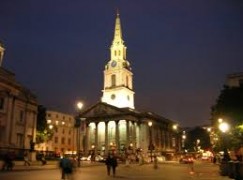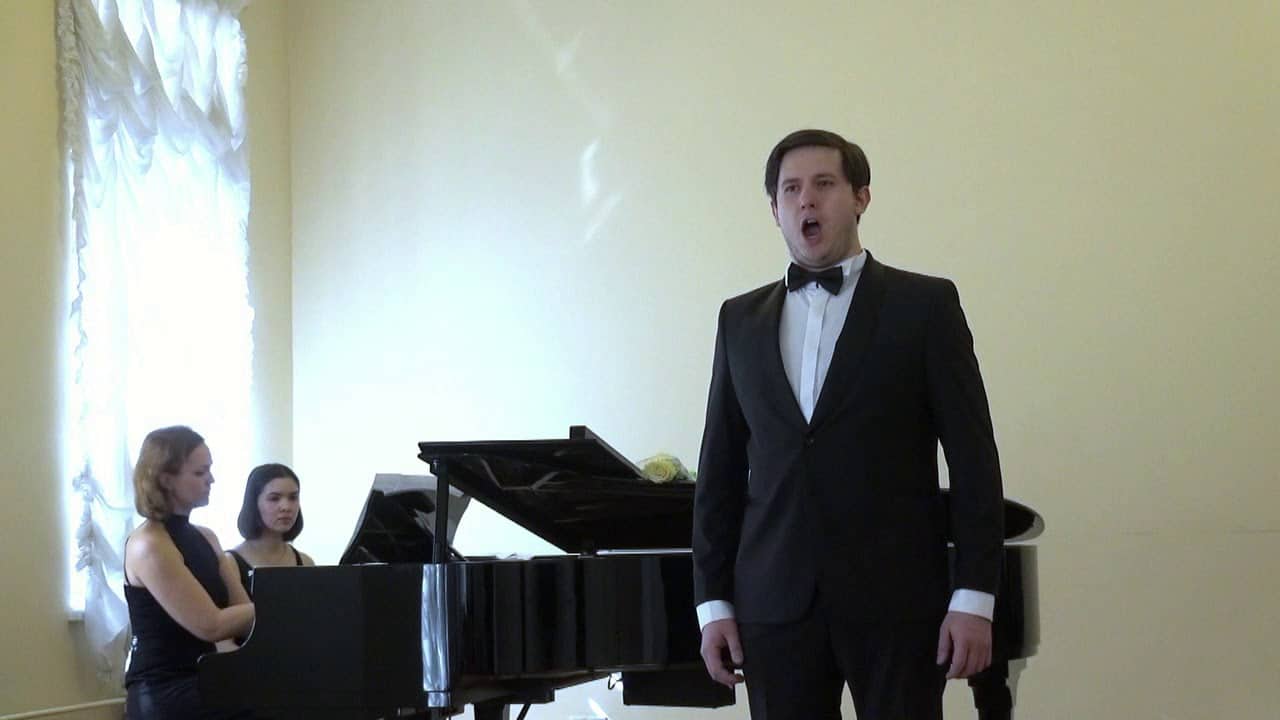Slow tears drop in London amid more blood in Ukraine
NewsThe marvellous church of St Martin in the Fields opened a new series of richly varied concerts last night. Alastair Macaulay was there for slippedisc.com:
Tenebrae and Christian Forshaw 2022.iv.10
St Martin in the Fields
by Alastair Macaulay
The church of St Martin in the Fields is a perfect meeting place for ancient and modern music. One of London’s most historic churches, it stands at the nexus of many traffic lanes for vehicles and pedestrians. On Saturday night, its “Drop, slow tears” concert of Tenebrae and Christian Forshaw – all dressed in sober black and arrayed near the church’s altar – brought modern threads to ancient religious music, as well as some music by no means ancient.
The words “ancient” and “modern” are highly movable. Here most of the sixteen items spanned between mediaeval (Hildegard of Bingen) and very late Renaissance (Orlando Gibbons). Also included, yet without any striking break of idiom, were an arrangement of the Victorian hymn
“Abide with me” and “Night Prayer” by the still young composer Owain Park (born 1993).
Tenebrae is a chamber-size choir: on this occasion, six voices, three female and three male. Christian Forshaw is both saxophonist and composer. Sometimes the addition of a wind instrument (Forshaw also played bass clarinet) became a newly modern thread within the ancient
sound tapestry; sometimes it became a seamless part of vocal polyphony.
Magic often occurred. These motets became experiences in space as well as time, with voices beaming out into the heights and breadths of the 1724 church. Individual notes issued like threads of gossamer across a garden. Then gleaming webs of sound accumulated and hung,
luminous and patterned, in the air. Musical architecture joined with religious architecture to numinous effect. When the sopranos Victoria Meteyard and Rosanna Wicks emitted their highest phrases, they seemed to emanate from sources high above them.
The sound kept becoming timeless – not just because it transcended the dates both of its composition and its performance but because, in certain sections, rhythm, metre, pulse seemed to be secondary, even suspended. That’s an illusion, of course – all this music has inner pulse – but the beauty with which vocal lines could move without changing the atmospheric spell of a larger harmony was deeply fascinating.
My cavils? Some of the vocalism – especially male – was, even though long in span, both breathy, soft-focus, and inhibited. (The comedian Anna Russell once remarked “One of the reasons you have such a magnificent voice is that you have resonance where your brains ought to
be.” On Saturday I sometimes sensed the opposite: audible vocal brains where I wanted vocal resonance instead.) Not so Forshaw, whose instrumental voice was always exemplary in tonal focus – but overwhelmed the choir on a few occasions or, on others, rendering them into a blurry backing group. Both English and Latin were sung, with a few Greek words included – but words were by no means always communicative or even intelligible.
“Drop, drop, slow tears”: Phineas Fletcher’s words, as immortalised by Gibbons in music published in 1623, established the note of quiet but insistent sorrow that percolated the eighty-minute concert. The Gibbons motet was sung twice, the second time in an arrangement by Nigel Short, Tenebrae’s director, both times an ideal example of melancholy as Milton conceived it in his “Il Penseroso”: the life of quiet thought, far removed from the madding crowds.
Music I shall now revisit, but hitherto new to me, was Antoine Brumel’s setting of the Heth and Caph chapters of the Lamentations of Jeremiah – now all too appropriate to the devastation caused to Ukraine by Putin’s Russia. Here slow-shifting melodic lines meet hauntingly
atmospheric harmonies in an astonishing contemplation of grief. Anguish is turned into a bleak beauty now numb, now heart-stopping, always intelligent, always tragic.






Comments